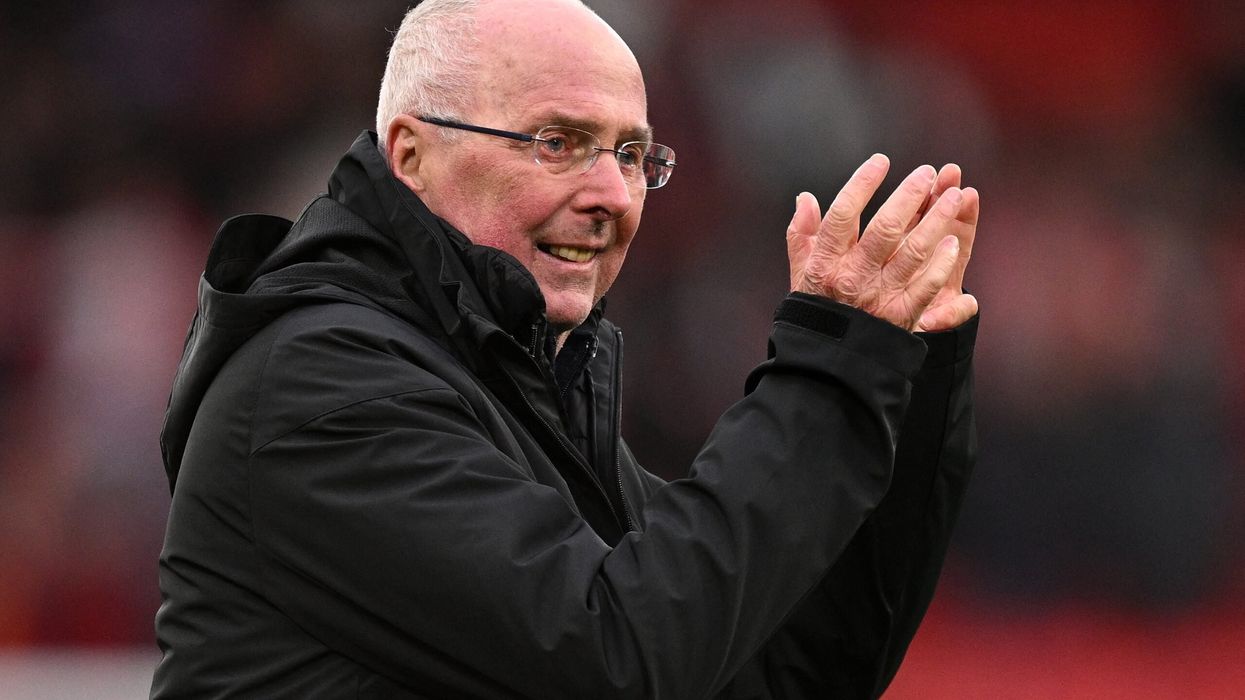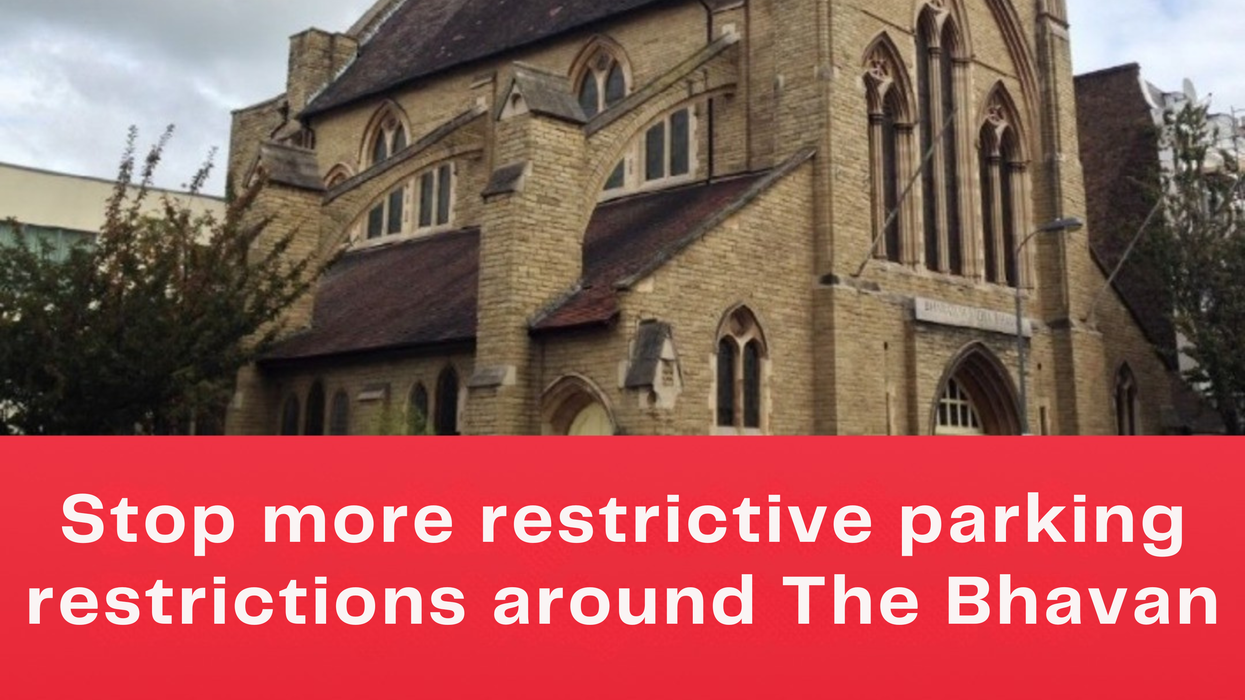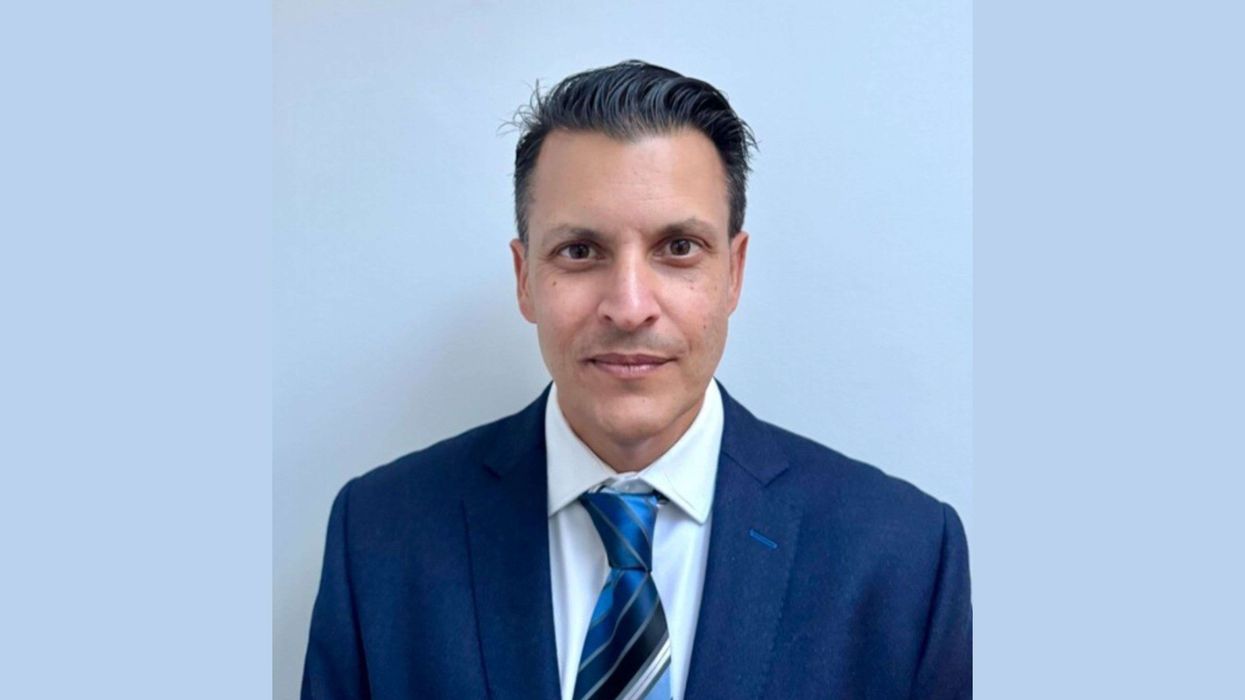SVEN-Goran Eriksson, the Swedish football manager who made history as the first foreigner to lead England's national team, has died at the age of 76. His agent, Bo Gustavsson, confirmed that Eriksson passed away on Monday.
Eriksson, who built a successful coaching career in Sweden, Portugal, and Italy during the 1980s and 1990s, took charge of England in 2001.
Earlier this year, he revealed that he had been diagnosed with terminal pancreatic cancer.
During his tenure, Eriksson guided England to the quarter-finals of the 2002 and 2006 World Cups, as well as the 2004 European Championship.
His squad included prominent players like David Beckham, Paul Scholes, Frank Lampard, Wayne Rooney, and Steven Gerrard.
"We have known about this but it happened very quickly. We were not prepared for it to happen today," Gustavsson told AFP.
Born on February 5, 1948, in Sunne, Sweden, Eriksson, known as "Svennis," began his managerial career with Degerfors IF in 1977, leading the club to success in lower divisions.
This achievement led to roles with larger clubs, including IFK Goteborg in Sweden, Benfica in Portugal, and Italian teams like Roma and Lazio.
His most notable position was as the manager of England's national squad. Under his leadership, England reached the quarter-finals in the 2002 World Cup, where they were defeated by Brazil.
In the 2006 World Cup, England was again eliminated in the last eight by Portugal after a penalty shoot-out, following Wayne Rooney's red card in a match against Cristiano Ronaldo.
Eriksson also took England to the quarter-finals of the 2004 European Championship, where Portugal again knocked them out in a penalty shoot-out. He stepped down as England manager in 2006 after five years.
Following his time with England, Eriksson managed national teams in Mexico, Ivory Coast, and the Philippines, though he never managed Sweden's national team.
(With inputs from agencies)













